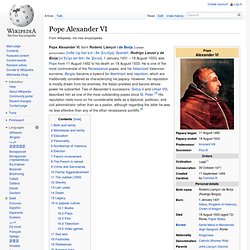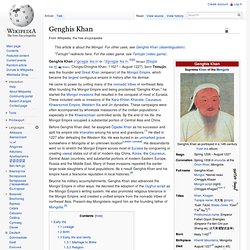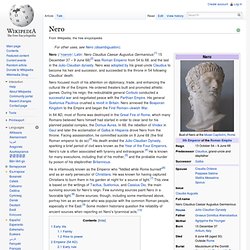

Rodrigo Borgia. Pope Alexander VI, born Roderic Llançol i de Borja (Catalan pronunciation: [roðeˈɾiɡ ʎanˈsɔɫ i ðe ˈβɔɾdʒa], Spanish: Rodrigo Lanzol y de Borja [roˈðɾiɣo lanˈθol i ðe ˈβorxa]; 1 January 1431 – 18 August 1503) was Pope from 11 August 1492 to his death on 18 August 1503.

He is one of the most controversial of the Renaissance popes, and his Italianized Valencian surname, Borgia, became a byword for libertinism and nepotism, which are traditionally considered as characterizing his papacy. However, his reputation is mostly drawn from his enemies, the Italian prelates and barons whose power he subverted. Two of Alexander's successors, Sixtus V and Urban VIII, described him as one of the most outstanding popes since St. Peter.[3] His reputation rests more on his considerable skills as a diplomat, politician, and civil administrator rather than as a pastor, although regarding the latter he was no less effective than any of the other renaissance pontiffs.[4] Birth and family[edit] Education[edit] Charlemagne. Genghis Khan. Genghis Khan (/ˈɡɛŋɡɪs ˈkɑːn/ or /ˈdʒɛŋɡɪs ˈkɑːn/,[5][6] Mongol: [tʃiŋɡɪs xaːŋ] ( ); Chingis/Chinghis Khan; 1162?

– August 1227), born Temujin, was the founder and Great Khan (emperor) of the Mongol Empire, which became the largest contiguous empire in history after his demise. Before Genghis Khan died, he assigned Ögedei Khan as his successor and split his empire into khanates among his sons and grandsons.[7] He died in 1227 after defeating the Western Xia. He was buried in an unmarked grave somewhere in Mongolia at an unknown location[citation needed]. His descendants went on to stretch the Mongol Empire across most of Eurasia by conquering or creating vassal states out of all of modern-day China, Korea, the Caucasus, Central Asian countries, and substantial portions of modern Eastern Europe, Russia and the Middle East. Beyond his military accomplishments, Genghis Khan also advanced the Mongol Empire in other ways.
Early life Lineage Birth Early life and family Marriage to Börte Religion. Nero. Nero (/ˈnɪəroʊ/; Latin: Nero Claudius Caesar Augustus Germanicus;[1] 15 December 37 – 9 June 68)[2] was Roman Emperor from 54 to 68, and the last in the Julio-Claudian dynasty.

Nero was adopted by his great-uncle Claudius to become his heir and successor, and succeeded to the throne in 54 following Claudius' death. Nero focused much of his attention on diplomacy, trade, and enhancing the cultural life of the Empire. He ordered theaters built and promoted athletic games. During his reign, the redoubtable general Corbulo conducted a successful war and negotiated peace with the Parthian Empire. His general Suetonius Paulinus crushed a revolt in Britain. In 64 AD, most of Rome was destroyed in the Great Fire of Rome, which many Romans believed Nero himself had started in order to clear land for his planned palatial complex, the Domus Aurea.
He is infamously known as the Emperor who "fiddled while Rome burned"[6] and as an early persecutor of Christians. Early life[edit] Family[edit] Olympic commerative coin. Aggripina- nero's mother.